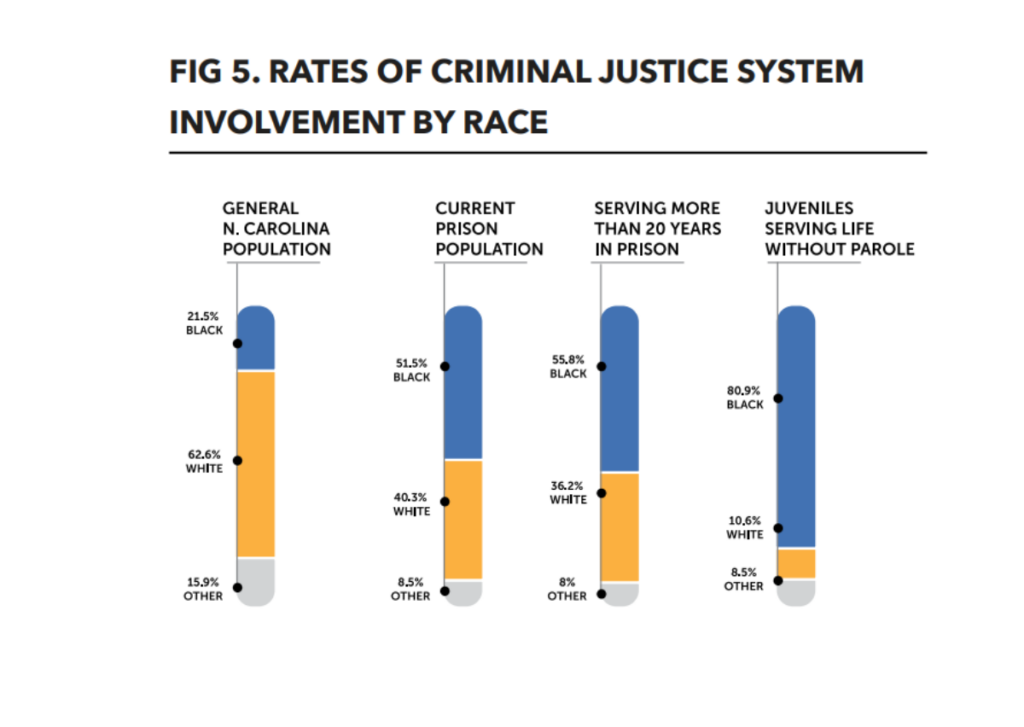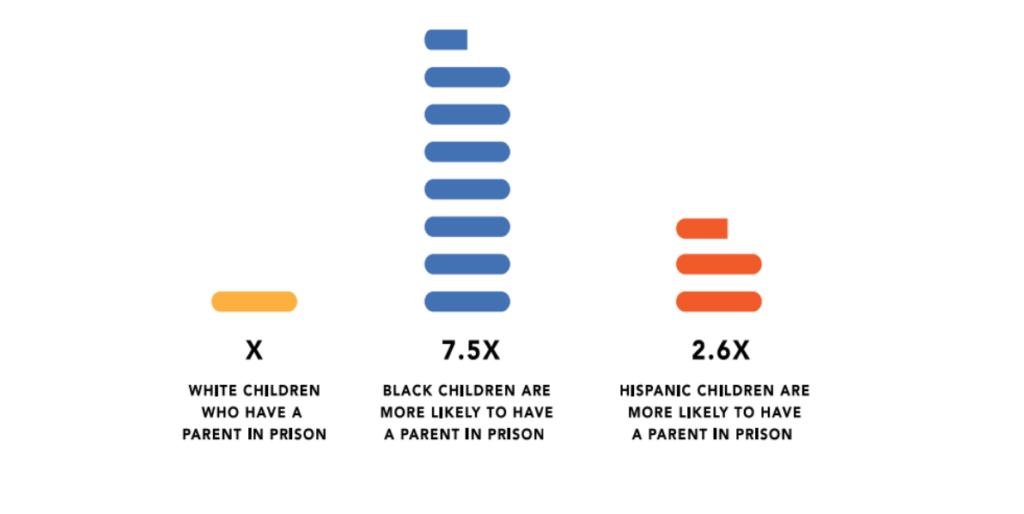After One Year, Racial Equity in Criminal Justice Task Force Still Working Toward Change
By Travis Thorpe Jr.
Our Gov. Roy Cooper founded the Task Force for Racial Equity in Criminal Justice (TREC) with Executive Order 145 in June 2020. The mission of this task force is to promote equity in the criminal legal system for people of color. The main goal is to address the effects of systemic racial bias while preserving the state of public safety.
Led by North Carolina Attorney General Josh Stein and North Carolina State Supreme Court Justice Anita S. Earls, the task force aims to make our justice system better for North Carolinians. The members of this task force include people working in the criminal legal system (i.e., professors, law enforcement officials, politicians). This diverse group of professionals allows for many opinions that promote teamwork and strategic problem-solving — principles essential for addressing racial inequity in our criminal legal system.

The TREC was tasked with submitting its report to the governor by December 2020 and spent most of that year developing recommendations to help address these issues. The Task Force developed 125 recommendations, each focused on changing a different part of our criminal legal system. These recommendations also contain the necessary actions needed to accomplish each goal listed.
The TREC is different from other organizations with similar agendas in that it emphasizes listening to our communities. The feedback form on the TREC website allows for North Carolinians to speak on the implementation of the 125 recommendations. The task force is specifically concerned with using the community’s feedback to create a better legal system.
North Carolinians can also see how their feedback is affecting the implementation methods through an excel spreadsheet that allows individuals to view progress of each implementation phase. This engagement allows community members to see exactly how each phase is being carried out and which committee is responsible for each part of the process. The TREC has a strategic plan that creates room for constructive criticism.
This year, TREC will host events specifically tailored to enable discussions on criminal justice reform and are open to the public. These discussions will allow for advocacy, as well as an opportunity to educate those who are unfamiliar with related issues. Education is an integral part of changing our system — the more people in our communities know, the more likely our government officials will have motivation to enact policy change.

“Over the past year, our nation has had a long-overdue reckoning,” AG Stein said. “Not enough has changed; there is still so much more work to do. On behalf of George Floyd and so many others, we must continue to construct a system that treats everyone — regardless of the color of their skin — fairly. I will continue to do everything in my power to implement the 125 recommendations the Task Force for Racial Equity in Criminal Justice has recommended. I am proud of the work we’ve done to date, and we will persist in our pursuit of equal justice under law.”
In the pursuit of equal justice, we also need to focus on how children are affected. Our children cannot become the future leaders our state needs when the people closest to them are behind bars. Children need positive role models who reflect similar characteristics and have a positive impact on our system. This ideology is reflected in other organizations such as NREI (National Racial Equity Initiative), EJI (Equal Justice Initiative), and the MCOE
(Mecklenburg Council of Elders) — all of which fight to exonerate people of color and advocate for policy reform. Instead of becoming a statistic in our legal system, our children should be educated on the injustices of our legal system so that change can come not just for the present but for generations to come.
Travis Thorpe Jr. is a summer intern with the Wilson Center. He attends North Carolina A&T State University in Greensboro, and is expected to graduate as part of the class of 2022.
